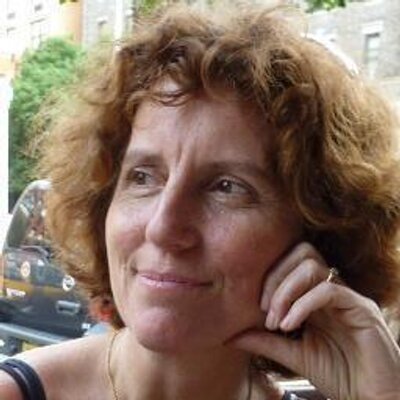Thirteenth International Summer School on Mind, Brain and Education
2018 October 16–20
Migrants and Refugees in the 21st Century: Children in and out of schools
Directors of the School:
Kurt W. Fischer, Antonio M. Battro and Sebastián J. Lipina
Director of the Course: Marcelo Suárez Orozco
Program Officer of the School: Lula Majdalani
Free University of Amsterdam (Netherlands)
Frans Lelie is a fellow at the department of Sociology at the Free University in Amsterdam. A social worker by training, she has worked with women and their families with a migration background. In the last fifteen years she has worked on the topic of education of the children of immigrants. She was the project manager and web-master of two major international projects: the TIES project (The Integration of the European Second generation) and the ELITES, Pathways to Success project. For the ‘ELITES: Pathways to Success’ project, she produced five short movies looking at role models belonging to the successful second generation from the TIES survey, telling about their pathways to success in Belgium, France, Germany and The Netherlands: https://www.elitesproject.eu/educational-kit. Currently she is the project manager for the ERC advanced grant project Becoming a Minority (BAM) on the integration of people of native descent in majority minority cities in Europe. Next to this she is a match maker in the project Takecarebnb, matching refugees, who obtained a status but are still waiting in the asylum seeker centres for a house, to families willing to host someone who wants to connect and contribute in this direct way to the integration of refugees in the host society.

How school system differences affect the incorporation of refugee children in education in Europe, the Middle East and Turkey
Over the past few years many refugee children found their way from war-torn countries, alone or together with their families, to neighboring countries in the Middle East, to Turkey or to Europe. In this presentation we will compare how refugee children are incorporated into school systems both in Europe (Sweden, Germany and Greece) and outside Europe (Turkey and Lebanon). The five countries each represent very different responses to receiving children in their education system. From fully integrating them as soon as possible in regular classes to developing a total parallel school system. I will show which national institutional arrangements impede or help children to become successful in school. This includes access to compulsory school, access after compulsory school age, welcome or immersion classes, second language education and tracking mechanisms.















